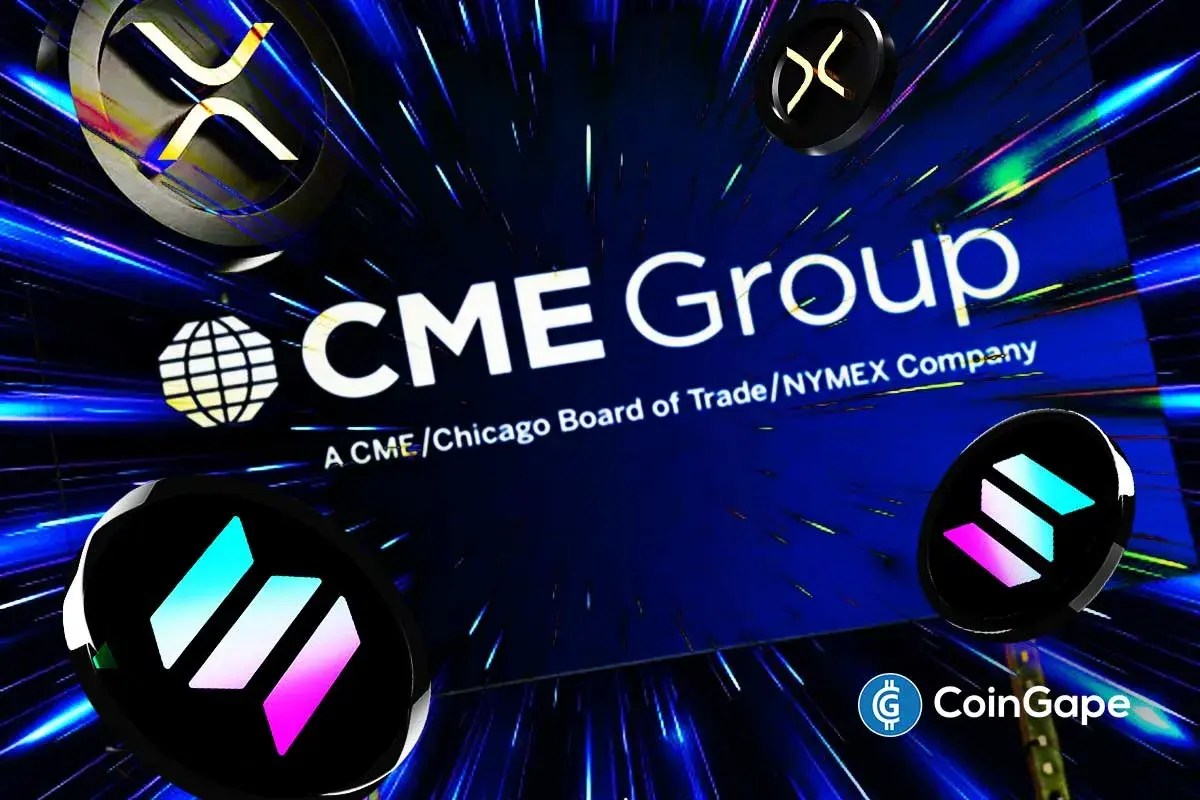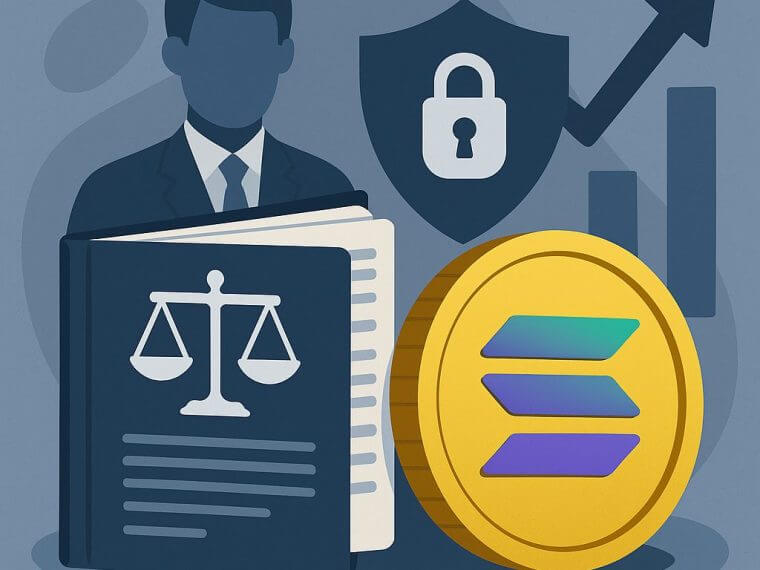As online gambling adoption grows globally, so does the need for better crypto wallets that can deliver instant, no KYC deposits and withdrawals.
However, among the host of options available, one that gamblers seem to be keen on is Best Wallet. A non-custodial, no-KYC solution, Best Wallet is packed with cutting-edge tools that make deposits and withdrawals on gambling platforms incredibly easy and secure.
On top of that, it features an integrated iGaming hub where players can access top-rated online casinos and poker sites like CoinPoker, savor exclusive bonuses, and experience seamless gameplay, making it by far the best crypto wallet for gambling in 2025.
It is therefore not without reason that many crypto gamblers, including casual players and high rollers, have been turning to it as their go-to choice for swift, convenient, and most notably, rewarding transactions.
And considering that it is currently running a special $1,000 monthly cash drop, particularly to CoinPoker players, crypto gambling on Best Wallet is getting more profitable than ever.
What Makes Best Wallet a Top Ranking Wallet Solution for Gambling?
Here are some of the key features that have solidified the place of Best Wallet in the hearts of many crypto gamblers:
Unlimited Access to Top-Rated Crypto Casinos
Best Wallet leads the pack in crypto gambling, giving players instant access to licensed crypto casinos and poker sites like WSM Casino, CoinPoker, Lucky Block, Mega Dice, and CoinCasino, all without leaving the app.
This is made possible through its iGaming facility, specially designed to make deposits into partner platforms more easier while also rewarding players with exclusive bonuses, free spins, loot boxes, and lower fees on winnings.
For example, anyone who deposits at least $20 or more into their CoinPoker accounts each month will get a chance to win a share of a $1,000 prize pool, significantly increasing their potential rewards. More details about this promo can be found by clicking this link.
What makes this facility even more appealing is that players can preview each casino’s welcome bonus, loyalty program, and game variety before deciding where to play, ensuring that they choose the option that best fits their gambling goals. It’s exactly this flexibility that’s putting Best Wallet in the spotlight as the best crypto wallet for gambling in 2025.
Instant, No-KYC Deposits & Withdrawals
Another reason why Best Wallet is grabbing attention, especially among crypto gamblers, is that it facilitates instant deposits and withdrawals to online casinos and poker sites without requiring identity verification. All that’s needed to create a wallet account, buy crypto, fund accounts, and withdraw winnings, is a valid email address.
And thankfully, none of its partner casinos and poker sites support ID verification, adding an extra layer of privacy to the overall experience.
Both deposits and withdrawals are swift, secure, and seamless. As such, it comes as a perfect pick for those who prefer a balance of anonymity and instant transactions.
Multichain Functionality
What also makes Best Wallet stand out as the best crypto wallet for gambling is its multichain capabilities, which make it easy for players to play their favorite games with thousands of cryptocurrencies across different blockchains. The true goal is to add support for over 60 chains, but this cannot be achieved all at once.
Little wonder why the team has been introducing new chains and cryptos through a series of upgrades. The latest one, dubbed v2.10, was rolled out less than a month ago, and it introduced support for Solana, adding it to an already existing multichain lineup comprising Bitcoin, Ethereum, Polygon, BNB Chain, and Base.
This means that the native coins of these networks, as well as many other supported cryptocurrencies, can be used for online gambling on Best Wallet, depending on the options available at each partner casino and poker site.
Seamless Fiat Payments & Cross-Chain Swaps
Whereas most decentralized wallets only allow investors to execute crypto-to-crypto conversions, Best Wallet offers an Onramp facility through which players can buy crypto using fiat. This is the best way to introduce newbies to the crypto gambling economy because of the ease of access.
It supports a variety of payment options, including credit and debit cards, Apple and Google Pay, PayPal, and most recently, Wert, giving users the flexibility to pick the option that’s most convenient for them to fund their gambling accounts.
Much like deposits, withdrawals can also be processed to any of the aforementioned payment options. To top it off, there’s a built-in DEX, which offers cross-chain bridging so that users can trade their tokens for any other supported assets on Best Wallet at the best market rates for gambling.
Staking Crypto Gambling Coins For Additional Rewards
One of the most common ways crypto gamblers maximize their tokens is through staking, earning extra rewards when they aren’t actively grinding the poker tables, spinning the casino wheel, or wagering on sports markets.
With Best Wallet, they can explore multiple staking facilities and access their earnings any time that they want, all without leaving the app. Thankfully, staking on this platform is transparent, with real-time performance metrics such as reward rates, validator status, and withdrawal timelines clearly displayed.
Not less than hundreds of gambling tokens can be staked on this wallet, each promising higher returns compared to competitors. Take, BEST, the native token powering the wallet, for instance – early buyers are still scooping up as much as 83% APY rewards. And that’s not even all! Holding this token also unlocks even higher staking yields across multiple coins, further enriching its investment experience.
Maximum Security
Security is a major reason why a wallet attracts a large user base. Best Wallet excels in this aspect, first by embracing a non-custodial model, giving users full control over their assets without demanding identity checks.
In a crypto industry plagued by a series of CEX-targeted cyberattacks, Best Wallet’s self-custodial architecture offers a powerful shield, which is why many crypto gamblers are turning to it for secure storage and transactions.
However, the fact that Best Wallet is self-custodial doesn’t mean the entire security responsibility falls solely on users. It provides something extra through Fireblocks, which insures all stored crypto assets, giving users peace of mind, along with modern security features such as biometric authentication, facial recognition, 2FA, and many more to prevent unauthorized access.
Mobile Accessibility
Another core benefit of using Best Wallet for crypto gambling is its mobile accessibility, allowing players to manage their funds seamlessly across smartphones and tablets, access leading online casinos and poker sites, and play their favorite games, anytime, anywhere, even while on the go.
Essentially, it is accessible on both Android and iOS devices, with an impressive 4.4-star rating, over 100k downloads, and more than 15k positive reviews on the Google Play Store alone, reflecting widespread acceptance from all corners of the crypto community.
How to Get Started with the Best Crypto Wallet for Gambling
For those interested, here are a few steps in getting started with the best crypto wallet for gambling:
- Download the Best Wallet app on iOS or Android devices.
- Buy, sell, and swap any crypto for gambling across 60 blockchains.
- Browse gambling sites, bonuses, and gaming options from crypto casinos and poker sites directly within the iGaming hub.
Final Words
As the demand for high-quality crypto gambling wallets continues to grow, Best Wallet stands out as a compelling choice, especially among mobile players.
Its expansion into an entire ecosystem of interconnected tools and features like iGaming, multichain functionality, instant transaction speed, seamless integration with gambling platforms, and many more, sets a new precedent for other non-custodial wallets, positioning it among the leaders in the bustling DeFi space.
And with its consistent 50% month-on-month user growth, Best Wallet could be on track to capture 40% of the $11 billion non-custodial wallet market by 2026, with a significant portion of that share coming from crypto gamblers.
Download Best Wallet
This article has been provided by one of our commercial partners and does not reflect Cryptonomist’s opinion. Please be aware our commercial partners may use affiliate programs to generate revenues through the links on this article.
Source: https://en.cryptonomist.ch/2025/09/16/best-crypto-wallet-for-gambling-best-wallet/


